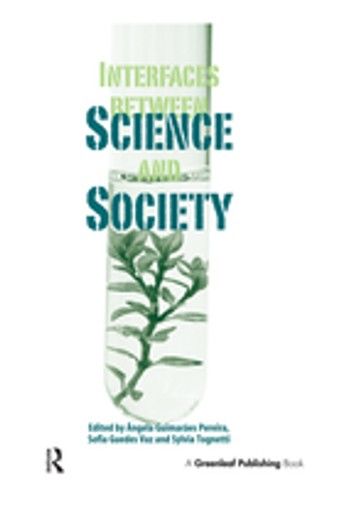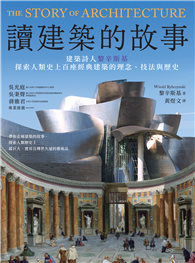| FindBook |
有 1 項符合
Interfaces between Science and Society的圖書 |
 |
Interfaces between Science and Society 出版社:Taylor & Francis 出版日期:2017-09-08 語言:英文 |
| 圖書館借閱 |
| 國家圖書館 | 全國圖書書目資訊網 | 國立公共資訊圖書館 | 電子書服務平台 | MetaCat 跨館整合查詢 |
| 臺北市立圖書館 | 新北市立圖書館 | 基隆市公共圖書館 | 桃園市立圖書館 | 新竹縣公共圖書館 |
| 苗栗縣立圖書館 | 臺中市立圖書館 | 彰化縣公共圖書館 | 南投縣文化局 | 雲林縣公共圖書館 |
| 嘉義縣圖書館 | 臺南市立圖書館 | 高雄市立圖書館 | 屏東縣公共圖書館 | 宜蘭縣公共圖書館 |
| 花蓮縣文化局 | 臺東縣文化處 |
|
|
The project of science has been to provide answers to questions about the world and how it works. Often, this lofty role has been characterised by a narrow and dogmatic scientific training, an unwillingness to communicate to differing stakeholder needs, a refusal to accept and to manage uncertainty, complexity and value commitments, and the reduction of knowledge assessment to colleague peer review on narrowly technical issues. Times have changed. As the world faces increasingly disparate challenges, science is subjected to increasingly vehement demands from a society calling for transparency, openness and public participation in science policy. Science is going through an evolutionary process. Perhaps the most painful process it has ever encountered.
Research on the interfaces between science and society is a burgeoning area. A new conception of knowledge now appears to be emerging, based on the awareness of complexity, uncertainty and a plurality of legitimate perspectives and interests. Democracy is extending into the previously quite exclusive scientific realm, and science must now submit to public scrutiny and participation in the governance of knowledge. This book provides much-needed reflections on the methods and tools for knowledge quality assurance, particularly on its inputs to extended policy and decision-making processes.
The overall aim is to improve the relationship between science and society. The discussion involves six themes: communicating between plural perspectives; accepting and learning how to manage uncertainty, complexity and value commitments; acknowledging new conceptions of knowledge; implementing transparency, openness and participation in science policy; valuing community-based research; and exploring how new ICT can support inclusive governance. Taken together, these themes provide both a framework and vision on how to conceive, discuss and evaluate the changes that are occurring. The chapters cover theory, practice, approaches, experiences, ideas and suggestions for a move beyond "talking the talk" to "walking the walk".
Science and policy interfaces are dynamic processes needing to permanently redefine themselves and their roles. This book contributes to the enrichment and deepening of our understanding of these important new trends in the social relations of science, which are fundamental to our understanding of the prospects for further progress.
The book will be essential reading for scientists, policy-makers, managers and the public.
|




![塔木德:猶太人的致富聖經[修訂版]:1000多年來帶領猶太人快速累積財富的神祕經典 塔木德:猶太人的致富聖經[修訂版]:1000多年來帶領猶太人快速累積財富的神祕經典](https://media.taaze.tw/showLargeImage.html?sc=11100697818)






